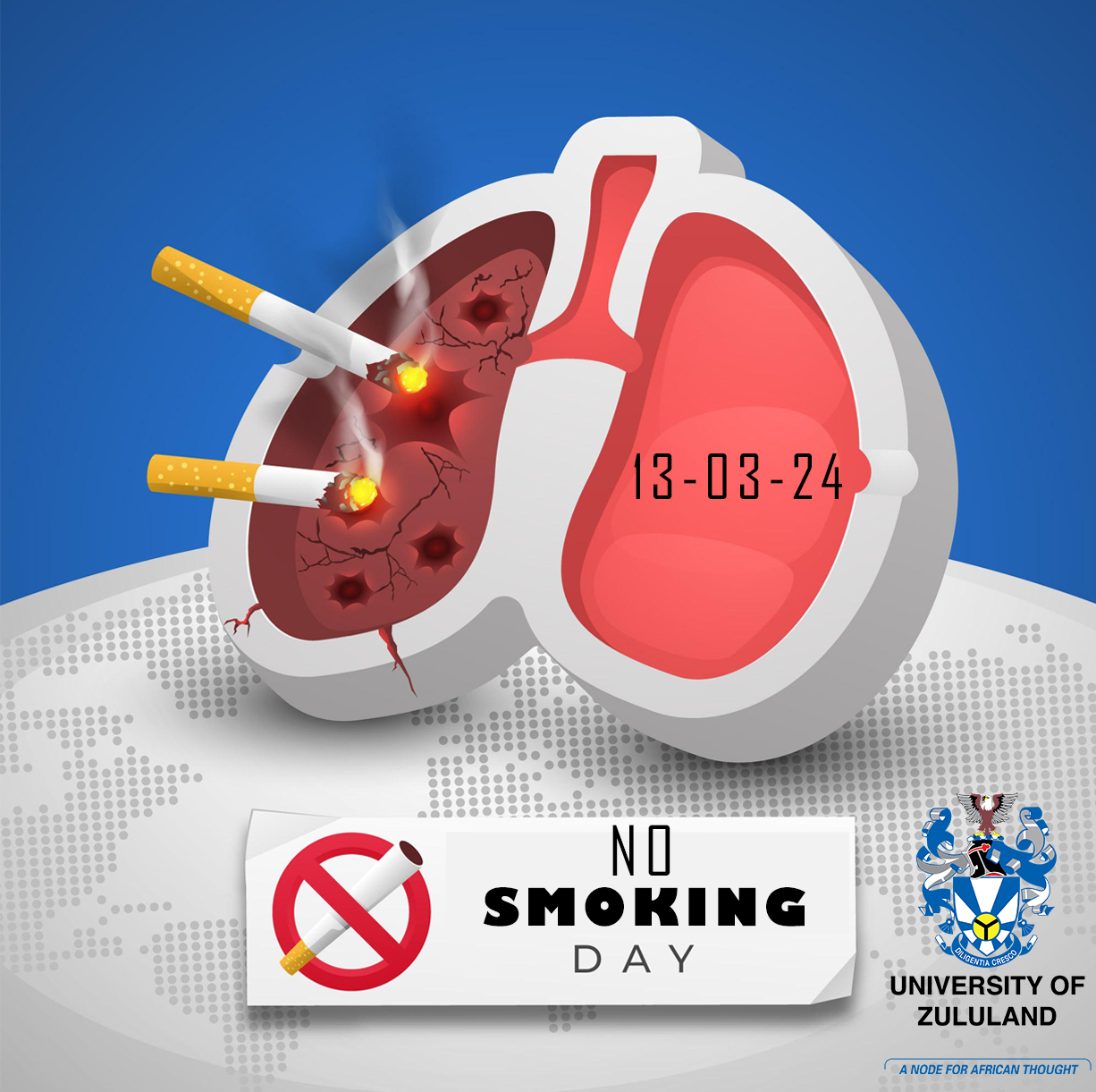WHAT YOU NEED TO KNOW ABOUT SMOKING

Smoking is responsible for a host of serious illnesses and health complaints. Each year, tobacco-related conditions kill over 44 000 South Africans, and six million people worldwide. The good news is that your lungs start to recover almost as soon as you kick the habit.
WHAT YOU NEED TO KNOW ABOUT SMOKING
- Studies show that smoking 10 cigarettes a day doubles your risk of dying yearly. Smoking more than 25 cigarettes a day increases your risk of dying four-fold, compared to those who have never smoked.
- Smokers are estimated to die an average of 10 years earlier than non–smokers.
- Tobacco contains more than 7 000 chemicals, over 70 of which are known to cause cancer. When you inhale cigarette smoke, these chemicals enter your lungs and spread through your body through blood and lymph systems.
- Tobacco use is the single most preventable cause of cancer.
- As soon as you quit smoking, there are immediate and long-term health benefits, even if you already suffer from smoking-related health problems. The sooner you stop, the more you benefit.
SMOKING CAN LEAD TO THESE SERIOUS HEALTH CONDITIONS:
- Cancer: Smoking can cause lung cancer, and contribute to cancer of the mouth, nose and throat, larynx, trachea, oesophagus, stomach, pancreas, kidneys, bladder, cervix, bone marrow and blood.
- Heart disease: Breathing in tobacco smoke can increase your heart rate and blood pressure and narrow your blood vessels. It can also increase the chances of clots and plaque developing in the blood vessels, which can trigger a heart attack or stroke.
- Respiratory problems: Smoke damages the lining of the airways and lungs, resulting in chronic bronchitis or emphysema.
ABOUT HUBBLY BUBBLY (HOOKAH)
- Hubbly bubbly are water pipes that are used to smoke specially made tobacco that comes in different flavours. Although many users think it’s less harmful, hookah smoking has many of the same health risks as cigarette smoking.
- The charcoal used to heat the tobacco can raise health risks by producing high levels of carbon monoxide, heavy metals and cancer-causing chemicals
- Even after it has passed through the water, the smoke from a hookah has high levels of toxic agents
- Infections like tuberculosis and hepatitis may be passed to other smokers by sharing a hookah
- Second hand smoke from hookah can be a health risk for nonsmokers
- Tobacco juices from hookahs irritate the mouth and increases the risk of developing oral cancers
NOT ONLY SMOKERS ARE HARMED BY SMOKING
- We now know that passive or second-hand smoke poses similar risks to active smoking. A non-smoker sitting in a smoke-filled room for 8 hours will breathe in as many cancer-causing chemicals as if they had smoked 36 cigarettes themselves. Second-hand smoke increases the risk of developing lung cancer in non-smokers by 20 to 30%.
- Smoking is responsible for a host of serious illnesses and health complaints. Each year, tobacco-related conditions kill over 44 000 South Africans, and six million people worldwide. The good news is that your lungs start to recover almost as soon as you kick the habit.
- Non-smokers who are exposed to second-hand smoke increase their risk of heart disease by 25 to 30%. Second-hand smoke is particularly dangerous to children because their bodies are still developing. In children, second-hand smoke can lead to:
- Ear infections
- Respiratory infections (such as bronchitis or pneumonia)
- Respiratory symptoms (such as coughing, sneezing and
- shortness of breath)
- More frequent and severe asthma attacks
- A higher risk for sudden infant death syndrome (SIDS).
HOW TO QUIT
While some people can stop ‘cold turkey’, for others, a cigarette-reduction plan can be a useful first step towards stopping completely. Nicotine replacement therapy, which includes nicotine patches, chewing gums or lozenges can help you manage your withdrawal symptoms while you cut back on cigarettes. Research has shown that quitters who use nicotine replacement therapy as part of their strategy increases their chance of success by up to 70%, regardless of the duration of therapy or the addition of other forms of cessation support. The key is to reduce nicotine dependence, with an eventual goal of not being dependant at all.
FIVE TIPS TO HELP YOU QUIT
- Decide to quit and set a quit date.
- Start mentally and physically preparing to quit: Choose a method, such as cigarette reduction with nicotine replacement therapy, along with a specific cessation programme. Make changes to your routine such as cutting out smoking triggers and replacing activities and places that lead to smoking. If your stress levels, go up remember exercise is a great stress buster.
- Enlist the support of loved ones.
- On the appointed date, begin your programme, keeping accountable and always moving forward. Plan some
- health-boosting rewards for yourself when you reach significant goals and milestones.
REMIND YOURSELF OF THE BENEFITS OF QUITTING
Quitting will:
- Reduce your risk of cancers and respiratory diseases
- Lower your heart rate and blood pressure
- Allow you to breathe better and be active without being as short of breath
- Give you more energy
- Help you regain more of your sense of taste and smell
- Help you set a good example and protect children and others from second-hand smoke
- Make you free of nicotine addiction
- Help you live a longer and healthier life
- Save you money.
To access your counselling support you can dial the UNIZULU Employee Wellbeing toll-free number 0800 111 150. available 24/7. You can request a virtual or face to face session
Resources
The Cancer Association of South Africa: http://www.cansa.org.za/how-to-quit-smoking-and-why/
CANSA’s free cessation programme: http://www.ekickbutt.co.za/ekickbutt.htm
National Council Against Smoking QUIT Line: 011 720 3145
Smokenders: http://www.smokenders.co.za
Smokenders online: http://www.smokenders.co.za













